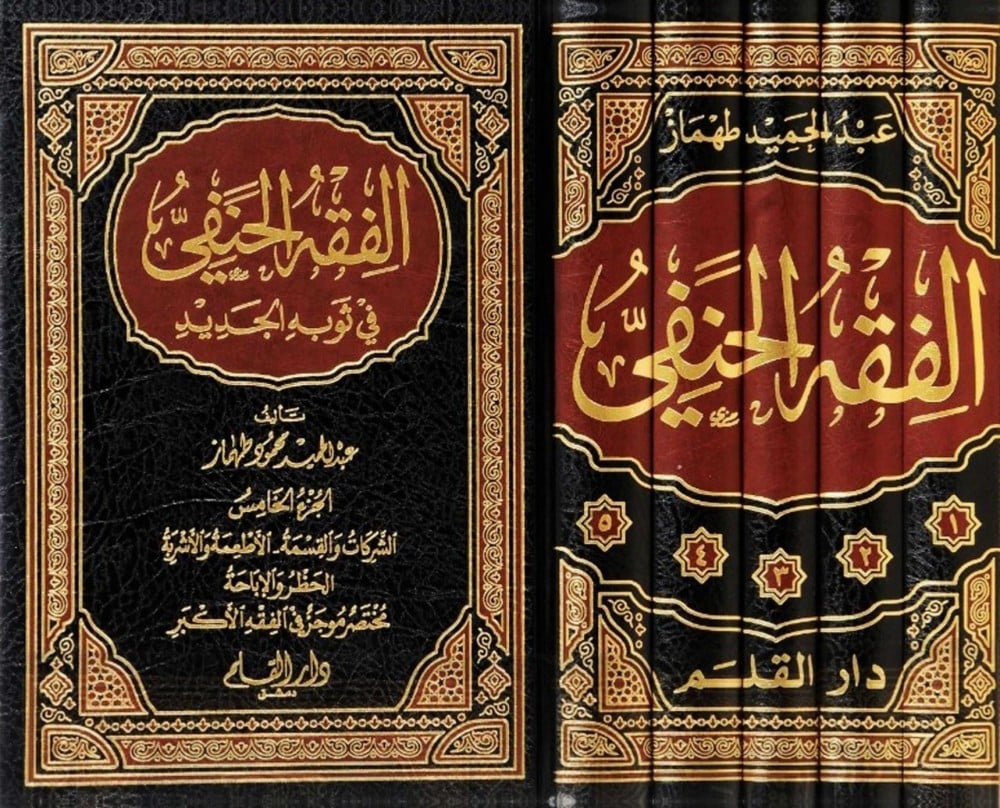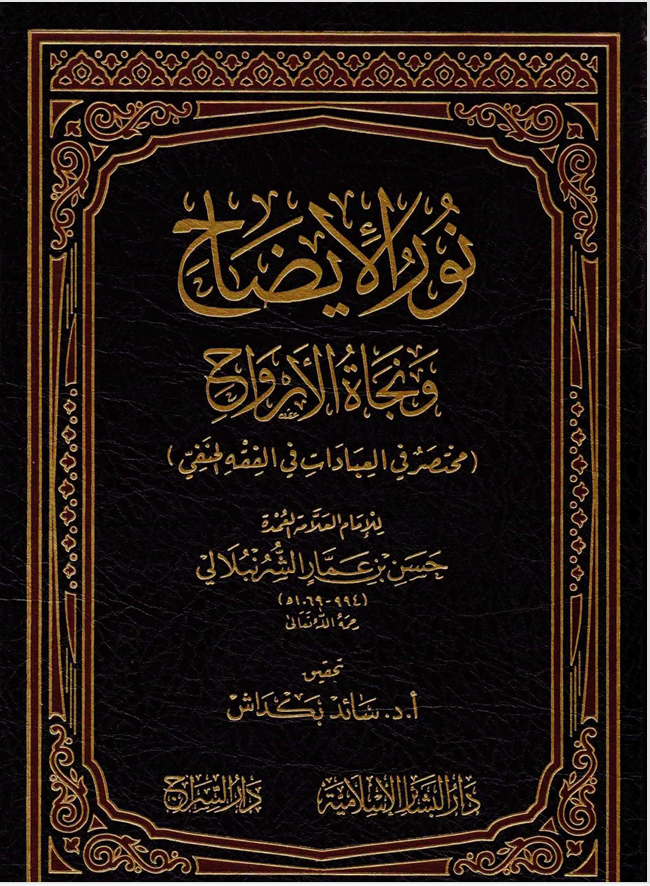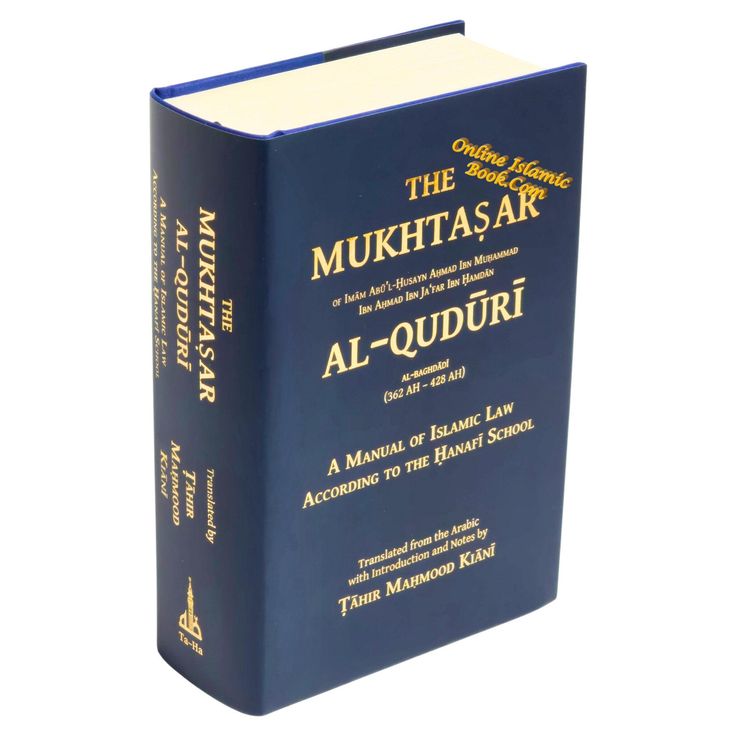Hanafi Madhhab
الناس عيال في الفقه على أبي حنيفة
People are children in jurisprudence of Abu Hanifa.
The number of Muslims following the Hanafi Madhhab is the largest in the world today. Muslims in Central Asia, the Levant, India, Bangladesh, Pakistan and Afghanistan follow the Hanafi Madhhab.
It also has numerous followers in Iraq, Egypt, Türkiye, Balkans and Russia. Therefore, for the students who are interested in practicing fiqh based on the Hanafi Madhhab from among the Muslims spread around the world,
we have provided the opportunity to read some selected books of the Hanafi Madhhab. We primarily provide lectures on three particular books of Hanafi Fiqh.
The three books are Al-Fiqhul Muassar, Nurul Ijah and Mukhtasarul Quduri. Also any other book of Hanafi Madhhab is provided for those who are interested.


Nurul Ijah:
This is Hasan Ibn Ammar ash-Shurumbulali rah. (died : 1069 Hijri) is an important book of Hanafi fiqh. the book Musannif was regarded as one of the famous faqihs of al-Azhar. was This book briefly discusses the five most important chapters of Islamic Fiqh (Kitabut Taharat, Kitabus Salat, Kitabus Sawm, Kitabuz Zakat and Kitabul Hajj).
Mukhtasarul Kuduri:
It is Shaykh Ahmad Ibnu Muhammad. (died: 1037 AD) is a very important book of Fiqh Hanafi. Almost all the important chapters of Islamic Fiqh are written in it in a very concise and simple language-like form. The book consists of 63 chapters (chapters): which begin with Ibadat-Taharat and end with Ilmul Faraij. About Mukhtasarul Quduri, Sheikh Abdul Ghani Al-Maidani said, “This book of Imam Quduri is very blessed. It has become almost essential in science. As a result Tabiullah scholars have concentrated heavily on its study. People are studying it and teaching it to others.”


Mukhtasar al-Quduri:
is a concise and authoritative text in Hanafi jurisprudence, written by the scholar Abu al-Hasan al-Quduri. It covers essential aspects of Islamic law, focusing on practical legal rulings for worship, transactions, and social interactions. Known for its clarity and brevity, it serves as a foundational text for students and scholars alike, offering a summarized version of the more detailed Hanafi legal works. The book is widely respected for its balance between simplicity and depth, making it a crucial resource in the study of Islamic jurisprudence.
